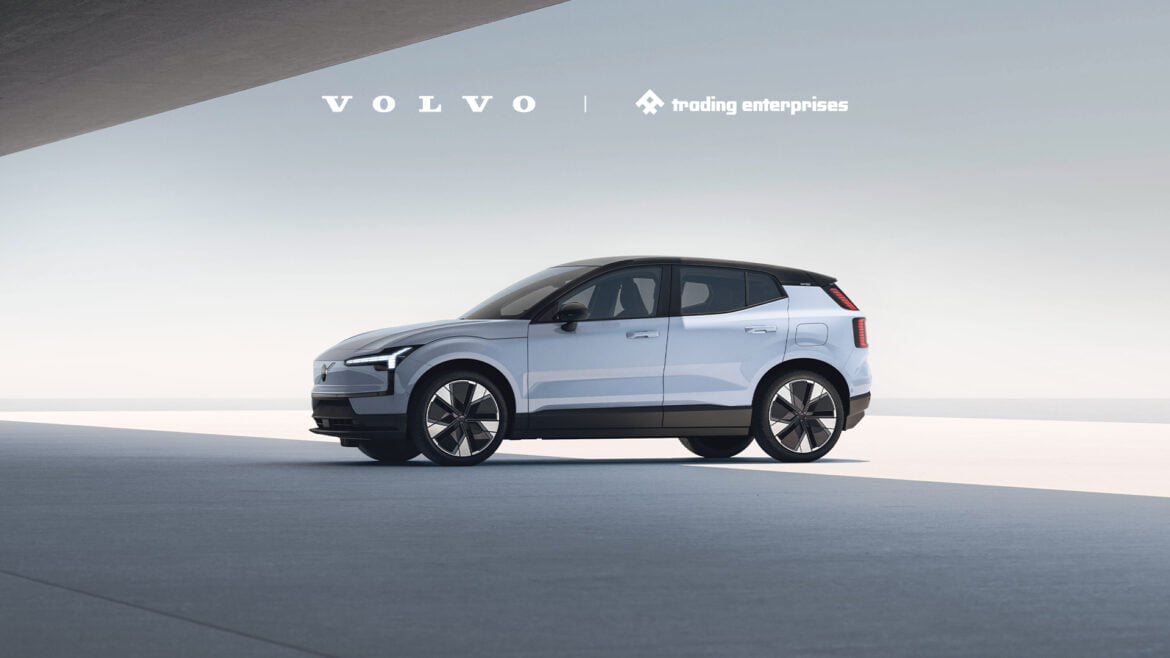Volvo Cars is expanding its sustainability strategy, setting new goals for 2030 and 2040. This strategy has a particular focus on boosting biodiversity efforts and includes the goal of having 100 per cent of its debt linked to its Green Financing Framework or in a sustainability-linked format by 2025.
Volvo Cars’ new sustainability ambitions for 2030 include:
1. To reduce its CO2 emissions per car by 75 per cent (compared to 2018 levels).
2. To reduce energy usage in its operations per average car by 40 per cent (compared to 2018 levels).
3. To reach 30 per cent average recycled content across its fleet, with new car models having at least 35 per cent recycled content.
4. To reduce water use in its operations by 50 per cent average per car (compared to 2018 levels).
5. To have at least 99 per cent of all waste from its operations to be either reused or recycled.
The company shared that it now aims to reach net zero greenhouse gas emissions by 2040, expanding on its previous ambitions of being climate neutral by 2040.
Further, it clarifies the company’s intention to use carbon removals only to mitigate any unavoidable emissions.
It also aims to achieve 100 per cent green debt or sustainability-linked financing of assets by 2025.
By then it plans to be a fully electric car company while also aiming to reduce CO2 emissions per average car by 75 per cent compared to its 2018 baseline.
Through these efforts, alongside reducing emissions by 30 per cent from both its supply chain and operations per average car, it said it will be on track to meet the CO2 reduction goals.
On circularity, the company shared that nearly 25 per cent of all aluminium in the Volvo EX30 is recycled and approximately 17 per cent of all steel and plastic in the car comes from recycled sources.
It aims to use 30 per cent average recycled content across its fleet by 2030, and for new car models released from 2030 to contain at least 35 per cent recycled content.
By 2030, the company also aims to have 99 per cent of all its waste either reused or recycled compared to recycling 94 per cent of global production waste in 2022.
It noted that it takes a “complete value chain approach” to its impact on biodiversity and will also pursue restorative actions.
The company conducted an impact assessment using production and sales data from 2021, to estimate its annual biodiversity footprint using the ReCiPe model.
Using the findings as a baseline, Volvo Cars said it is now setting a long-term ambition to strive to be net positive across its value chain.
This, it said, will require a mixture of short-term and long-term measures that Volvo Cars is currently developing, such as:
- Avoiding and reducing the impacts of its value chain,
- Designing a programme for restoration and conservation activities within ecosystems where it operates / sources from, and
- Working together with supply chain partners to establish awareness of biodiversity issues.
“Taking actions to combat climate change is non-negotiable and going fully electric is an important step on our pioneering journey,” commented Jim Rowan, CEO of Volvo Cars.
Adding: “As we move to further reduce emissions throughout our value chain, we have a responsibility to do more and address our biodiversity footprint as well as help improve people’s lives. Our updated strategy has been designed to help us do just that.”




